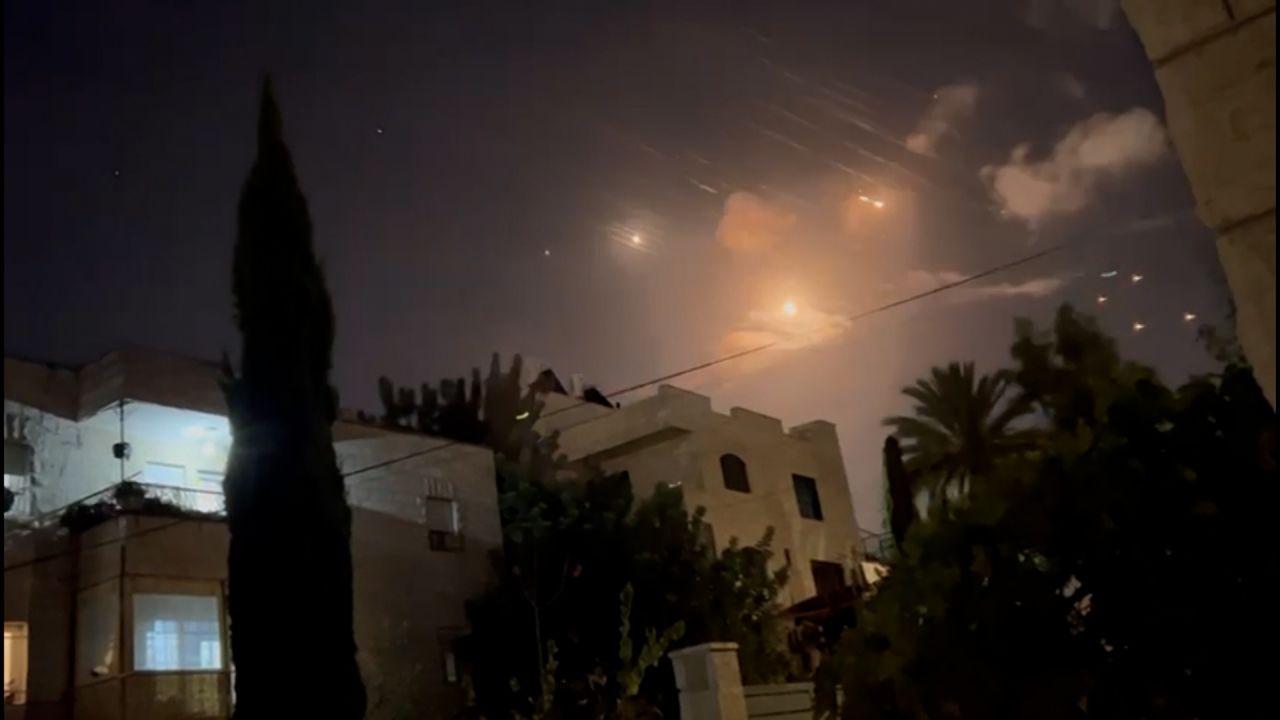On Friday 13 June , Israel launched an audacious attack against Iran, combining waves of targeted air strikes with covert sabotage operations to land simultaneous blows to Iran’s nuclear facilities, missile sites, radar defence systems, nuclear scientists and military commanders. Dubai: Israel ’ s blistering attack with warplanes and drones against Iran’s nuclear and military structure has sparked an open conflict between the two long-time foes that threatens to spiral. Since 1985, Iran and Israel have been engaged in a proxy conflict that has greatly affected the geopolitics of the Middle East. In 2025, hostility between Israel and Iran escalated into an armed military conflict. Israel carried out strikes against Iranian nuclear and military targets the day after the International Atomic Energy Agency (IAEA) declared that Iran had violated its obligations. The Israeli attack on Iran 's nuclear program and military assets and Iran 's responding missile strikes represent a significant escalation in the long-standing tensions between the two nations. RAND experts provide insights into the strategic, diplomatic, and economic dimensions of this unfolding crisis . It started when Israel attacked nuclear and military sites in Iran , and then Iran retaliated with aerial attacks targeting Israel . Iran has labelled the attacks a declaration of war, and has responded with its own missile salvoes in recent days, with the civilian populations of both nations bearing the brunt of the conflict. In the early hours of Friday morning, Israel launched a sweeping military campaign against Iran . The ongoing operation, which was reportedly planned to unfold over several days, is targeting a.
Iran Nuclear Weapons: A Timeline of Terror
Israel's Last Stand Against Hezbollah and Iran?
Israel's Response to Iranian Drones: Is it Working?
